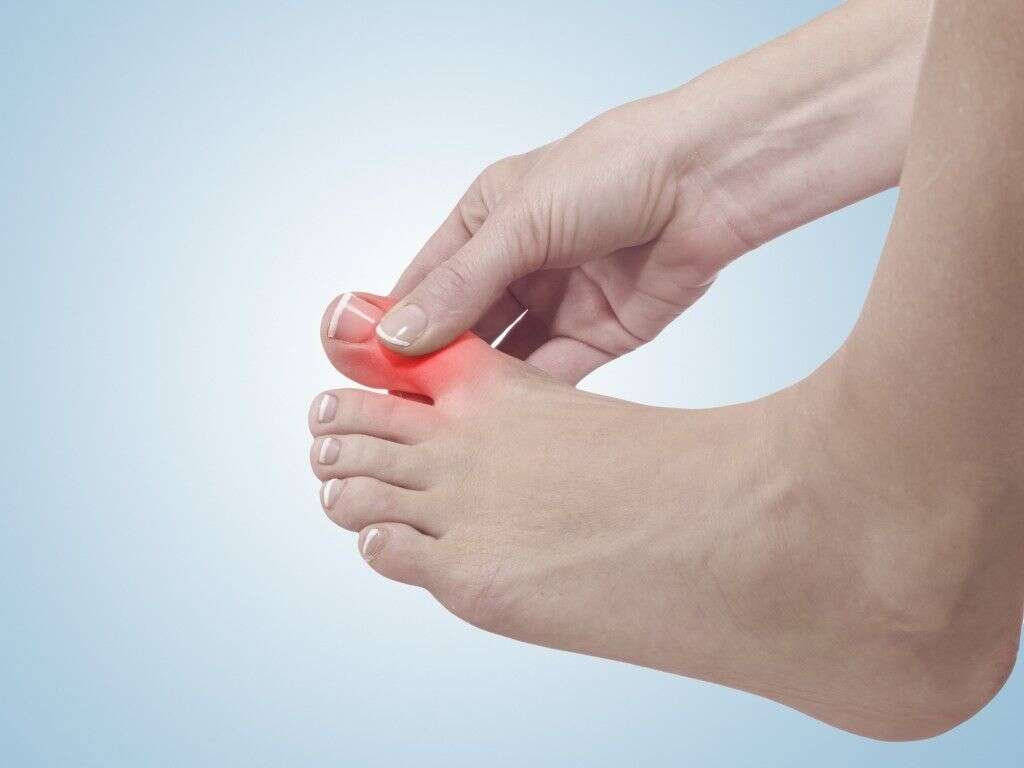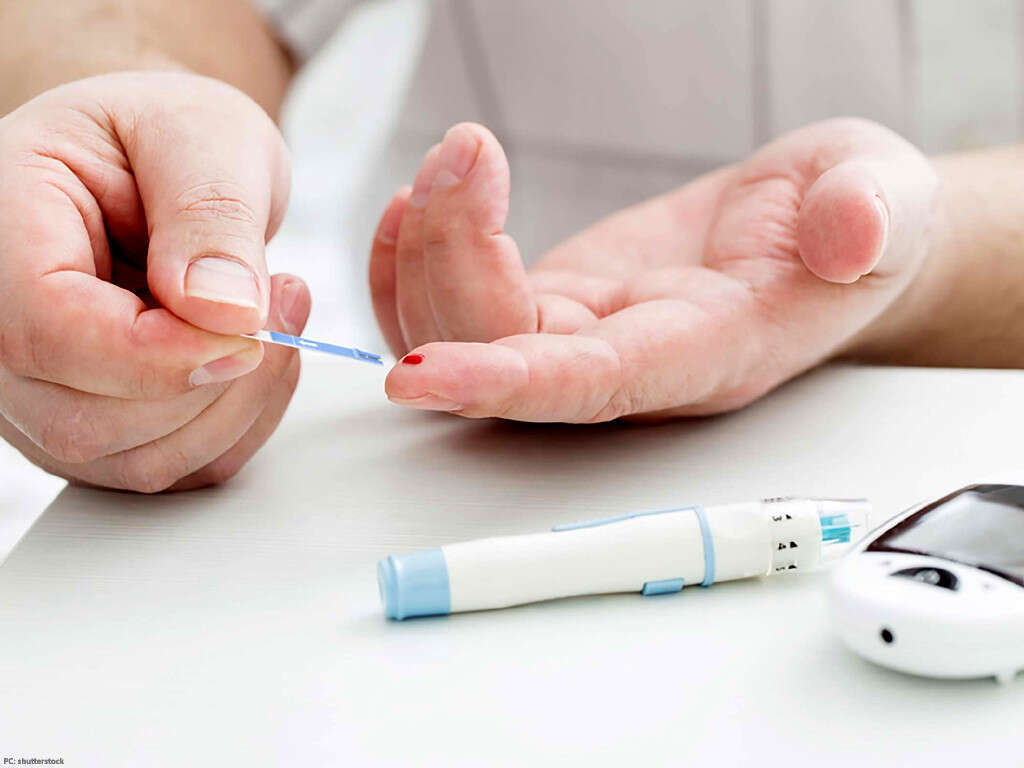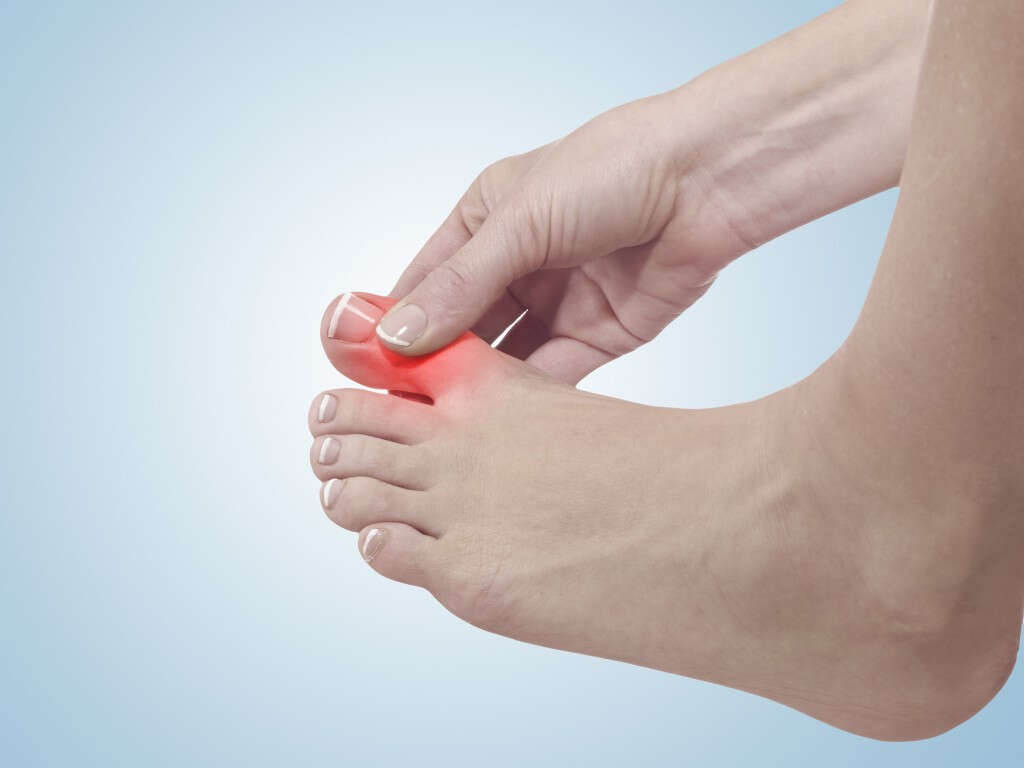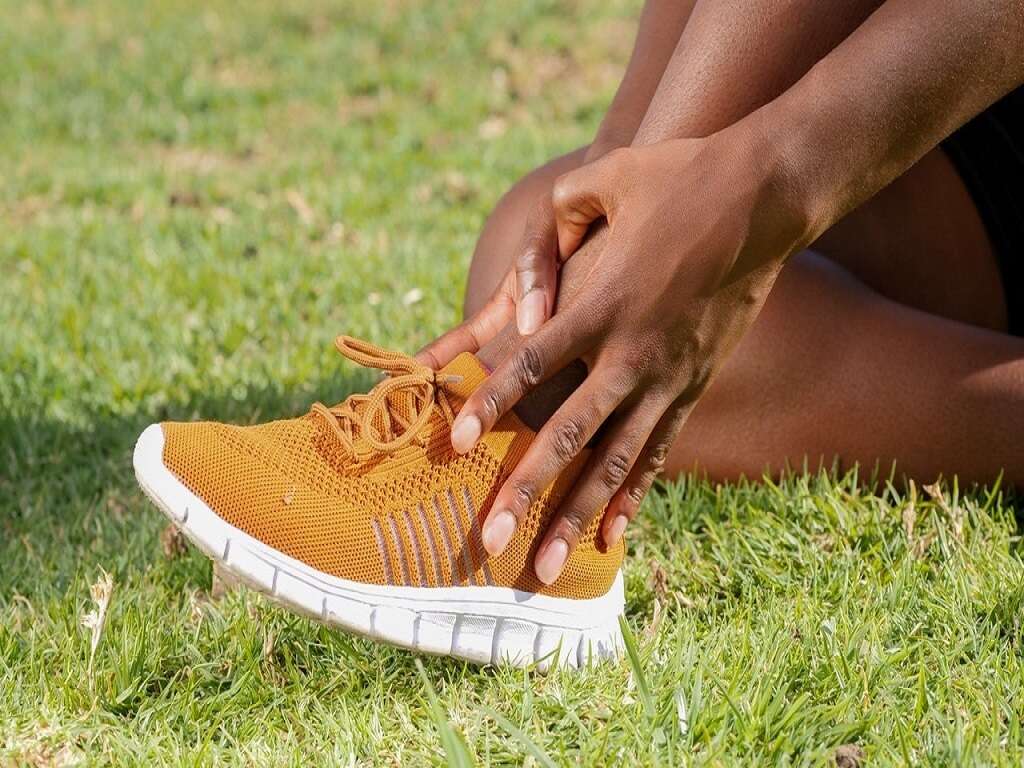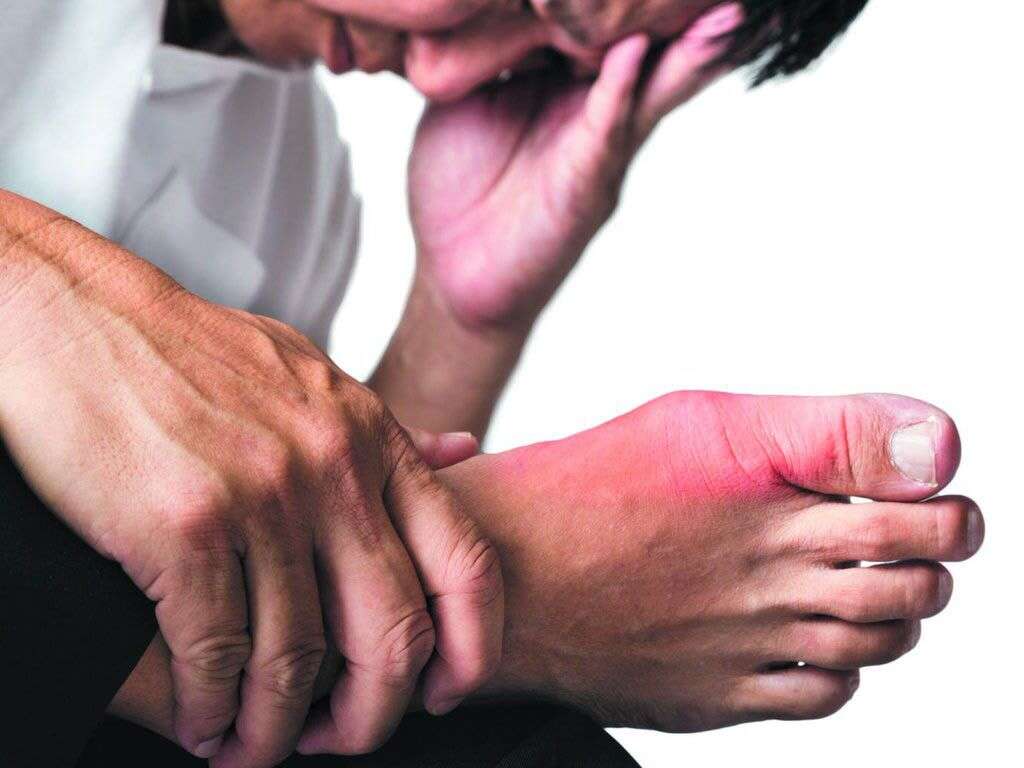10 Elephantiasis Symptoms
 Article Sources
Article Sources
- 1. 'Elephantiasis.' Healthdirect, Healthdirect Australia, www.healthdirect.gov.au/elephantiasis
- 2. 'Elephantiasis.' NORD (National Organization for Rare Disorders), 21 Nov. 2019, rarediseases.org/rare-diseases/elephantiasis/
- 3. Bano, Shahina, et al. 'Elephantiasis Neuromatosa of the Lower Limb in a Patient with Neurofibromatosis Type-1: A Case Report with Imaging Findings.' Journal of Pediatric Neurosciences, Medknow Publications, Jan. 2010, www.ncbi.nlm.nih.gov/pmc/articles/PMC2964801/
- 4. Van Kruiningen HJ;Tonelli. 'Elephantiasis and the Origins of Chronic Bowel Damage in Crohn's Disease.' Clinical Gastroenterology and Hepatology : the Official Clinical Practice Journal of the American Gastroenterological Association, U.S. National Library of Medicine, pubmed.ncbi.nlm.nih.gov/31100451/
Swelling of the Genital Area
Another area on the human body affected by elephantiasis is the genital region. When the inguinal lymph nodes in the groin become swollen and chronic lymphatic obstruction develops, genital elephantiasis may occur.
Most elephantiasis cases stem from a tropical disease left untreated. These infections adversely affect the lymphatic system, which may then develop into elephantiasis. However, genital-related elephantiasis may also be caused by sexually transmitted infections, skin infections and cancer.2‘Elephantiasis.’ NORD (National Organization for Rare Disorders), 21 Nov. 2019, rarediseases.org/rare-diseases/elephantiasis/
Advertisement



